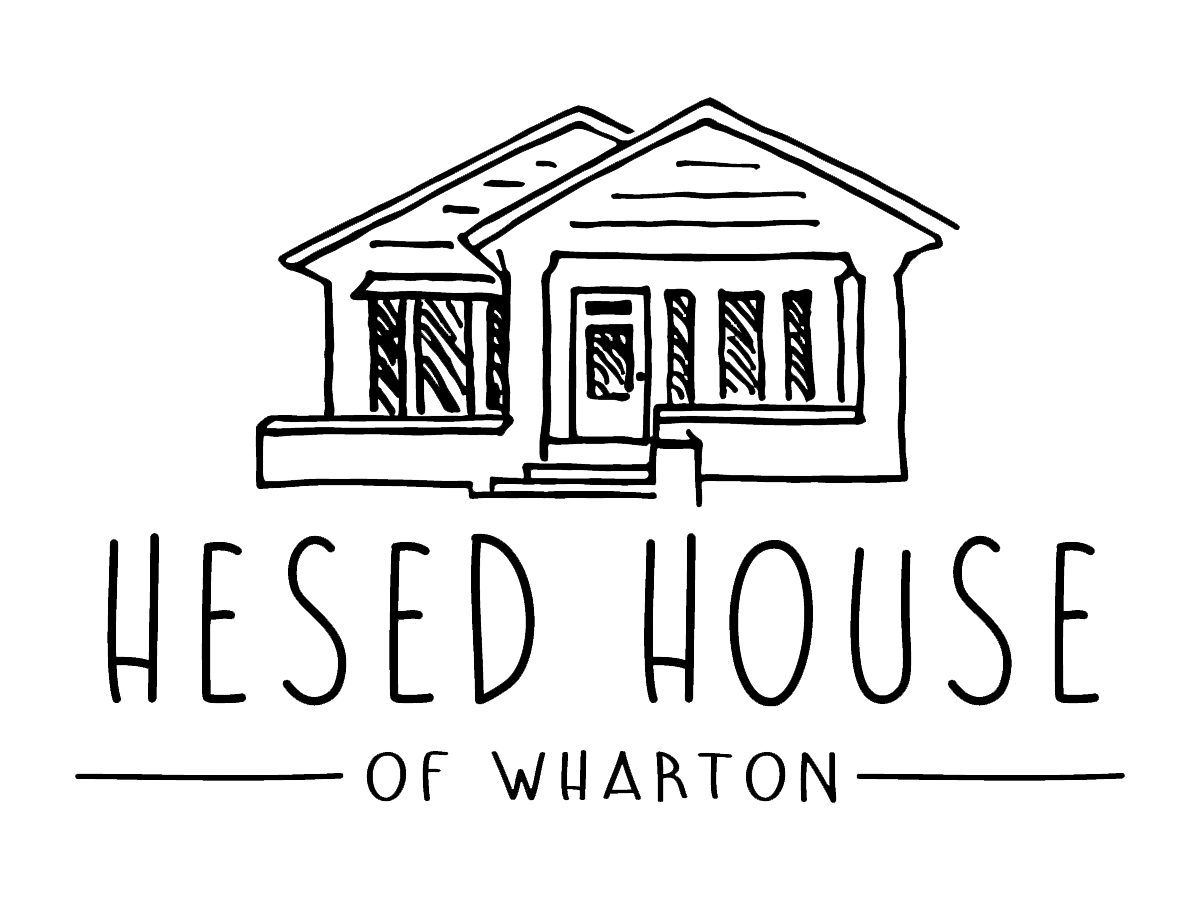Common Good in Uncommon Times
It seems fitting that our very first Hesed House blog is being written and posted during a disaster. Hesed House of Wharton exists because of needs that became evident during response and recovery efforts in multiple flooding disasters within our community. Disasters teach us a lot about individual and communal vulnerability, as well as resilience. Hesed House is here because we believe in the ability to increase personal and communal resilience in times of disaster--whether personal or communal, and in times of calm.
Yes, this pandemic is a public health and economic disaster. For families that have had to close the doors of a small business or for those who have experienced loss of employment, you are bearing the burden of an unknown economic future. There is loss of life and livelihood, and there is nothing to point at to say, “See, that’s what did it.” or “Look at this rubble of my home, that is my loss.” This is new territory. For people who regularly respond to disasters, this is unprecedented and requires us to shift the way we think and act. In most disasters, we often see regular people act in ways that are of benefit to neighbor and the common good. That ability to act is also what helps people cope when the unimaginable is happening. We make sense of situations by acting in some way. We ask questions like: What can I do? And then we act. We run toward the hurt and by providing help, we also heal.
Right now we have responders in this crisis who are essential. They have to provide transportation, resources, care, or public service. They are acting in ways that are exhausting and heroic--ways that would have gone virtually unnoticed before. Watching this action from afar can make other people feel helpless. And possibly also frustrated, afraid, angry, sad, ashamed, and hopeless. For those of us “Safer at Home,” this feels like inaction. Impotence.
But what if there is not an either/or? What if we shifted the way we think about self-isolating and sheltering in place as radical action rather than inaction. What if we began to understand solitude and stillness as action that is not simply of benefit to ourselves, but also the common good.
Yes, we need to do what we can to make sure we are prepared. But we can choose not to listen to our panic or that of others. We can listen to voices we trust and in which we can find comfort. We can also choose to accept that right now, we can’t change this situation. We can only act in a way that mitigates the damage. And we can learn something. What if we sat with our physical, mental, and emotional discomfort and asked what it can teach us? Maybe in the interest of common good, we can get alone, be still, and there in the silence, find a depth of peace that we haven’t previously needed or allowed ourselves to find within ourselves. And in doing so, we can increase our personal resilience.
Maybe the first connection we can make is with our ourselves and if we can get outdoors, we can connect with creation. We can connect with loved ones in creative ways. And in making these deeper connections, we can grow in our understanding that we are ALL intimately connected whether we are together or apart. Maybe our heroism and radical action is in being right where we are willingly and fully.
Do we need people? Of course. And in times like this, we need good tools for coping. You aren’t alone. Hesed House of Wharton has resources to help you cope and we would love to visit with you or someone you know who might be struggling. You can call us at 979-531-3030 or email us at hesedhouse.wharton@gmail.com

